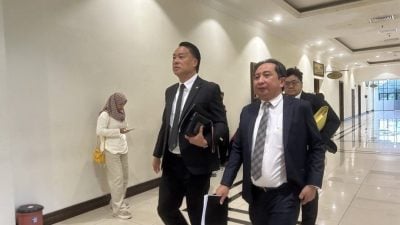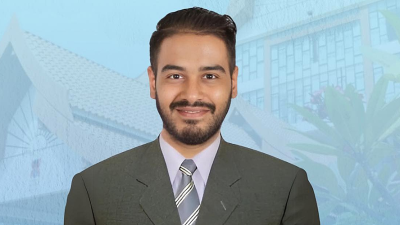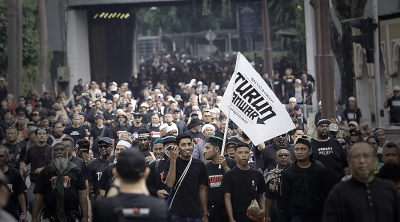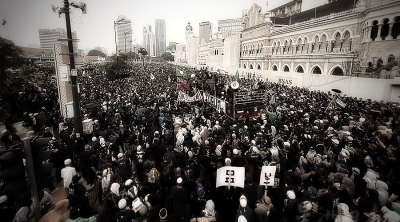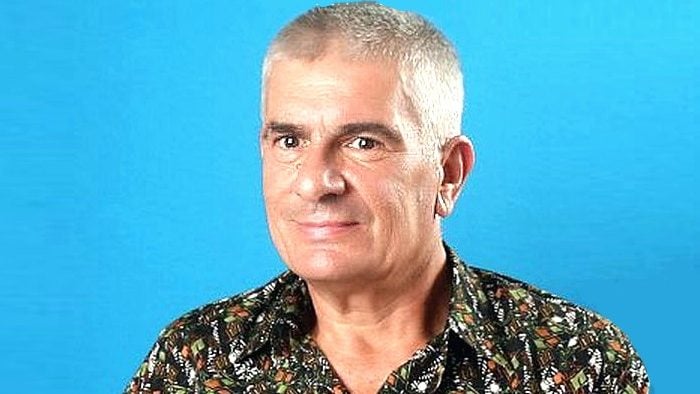
The recent discharge not amounting to an acquittal (DNAA) of deputy prime minister Ahmad Zahid Hamidi is still generating public disdain from all sides of politics, almost five weeks after the decision.
The anger is increasing rather than subsiding.
If we go back just over a year, a 43-year-old mother Suhaini Mohd was sentenced to prison for 14 months for stealing two packets of Milo from a Terengganu supermarket.
Suhaini received the sentence without any legal representation whatsoever.
These two cases are symptomatic of a much bigger problem, Malaysia’s two-tier system of justice.
Malaysia’s justice system is biased towards taking a soft approach towards the elite in society, while taking a hardline for everyday people.
Selective prosecution is rampant, and shows little mercy from within the Attorney-General’s Chambers towards the poor.
The trial of former prime minister Najib Razak was the epitome of this two-tier legal system.
While petty criminals are given no leeway on having any stay of execution against their sentences, Najib received VVIP treatment until all avenues of appeal were exhausted.
Najib was granted delays in his trial for the most trivial of reasons. He even had his passport returned so that he could visit his grandchild in Singapore.
To many Malaysians, the privilege granted to Najib during his trial highlights the existence of one set of laws and procedures for the elite, and another for the rest.
Malaysia has a long history of selective prosecutions. Prime minister Anwar Ibrahim himself saw the use of selective prosecution against him during his sodomy 1 and 2 trials.
We now see former prime minister Muhyiddin Yassin as a victim of the same type of selective prosecution strategy that was used on Anwar more than two decades ago.
While selective prosecution continues, a number of high-profile politicians on the government side are seeing acquittals in their trials.
One doesn’t have to examine the merits of each case to see the appearance of politics through the charging and trial process.
The problem is that few are looking at this issue in an objective manner, as their minds are clouded with what side of politics they are on.
This is destroying the integrity of Malaysia’s legal system.
Malaysia’s justice system is biased towards taking a soft approach towards the elite in society, while taking a hardline for everyday people.
Malaysians have lost their sense of what is right and wrong. Many working within the civil service are finding that the culture of cover-up provides an environment where “crime does pay.”
It starts with the cheating on time-cards and expense reports, right through to much larger forms of corruption. The odds are they will get away with it, and if caught out things will be covered up.
This culture is carrying on unchecked in the interests of keeping up the appearance of a good reputation.
Just compare that with Suhaini’s theft of RM80 worth of Milo and her 14 months in jail, whereby others steal hundreds of thousands and get away with it. The civil service shields their own.
Malaysia’s two-tier system of justice is the ugly side of Malaysia. There is clearly a different set of treatment for VVIPs and the poor. The system reeks of politics and feudalistic behavior.
The Zahid case indicates that justice is not blind in Malaysia.
There may be some short-term gains for Zahid’s DNAA, but there are also long-term consequences. The question must be asked: can someone really get a fair trial in Malaysia with this two-tier system?
Instead of maintaining a rage, citizens should be demanding reforms to the system.
The public prosecutor should be separated from the Attorney-General and be independent.
Political considerations must be taken away from how people are treated by the legal system.
There must be some mechanism to assist the poor facing a court hearing through either on-site legal advisors or public defenders. Most of all, the legal system must learn to be compassionate towards the poor.
The legal system is in a mess due to political interference and a two-tier culture by those working within it.
Preventing future injustices is more important than being angry over what happened to the Zahid case.
Zahid is only the symptom of a much bigger problem.
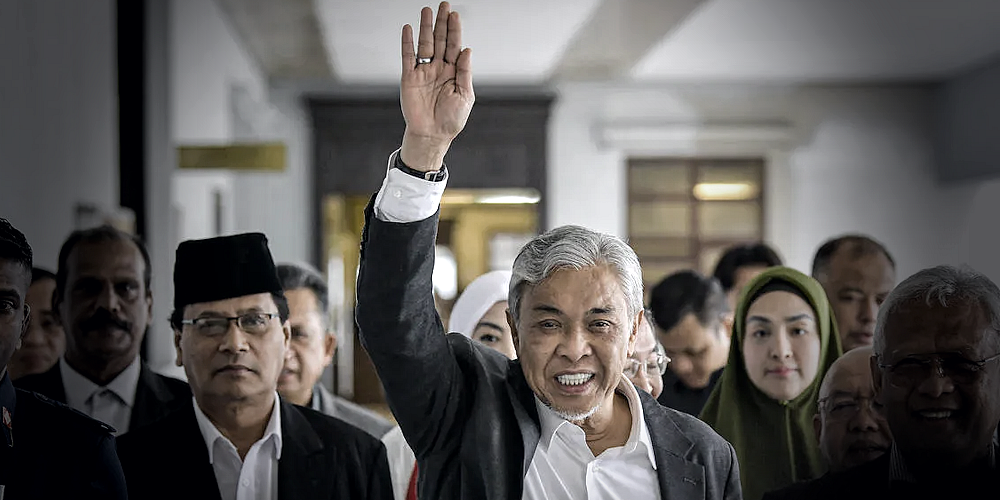
(Murray Hunter has been involved in Asia-Pacific business for the last 40 years as an entrepreneur, consultant, academic and researcher. He was an associate professor at Universiti Malaysia Perlis.)
ADVERTISEMENT
ADVERTISEMENT






